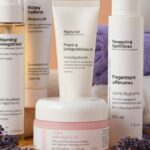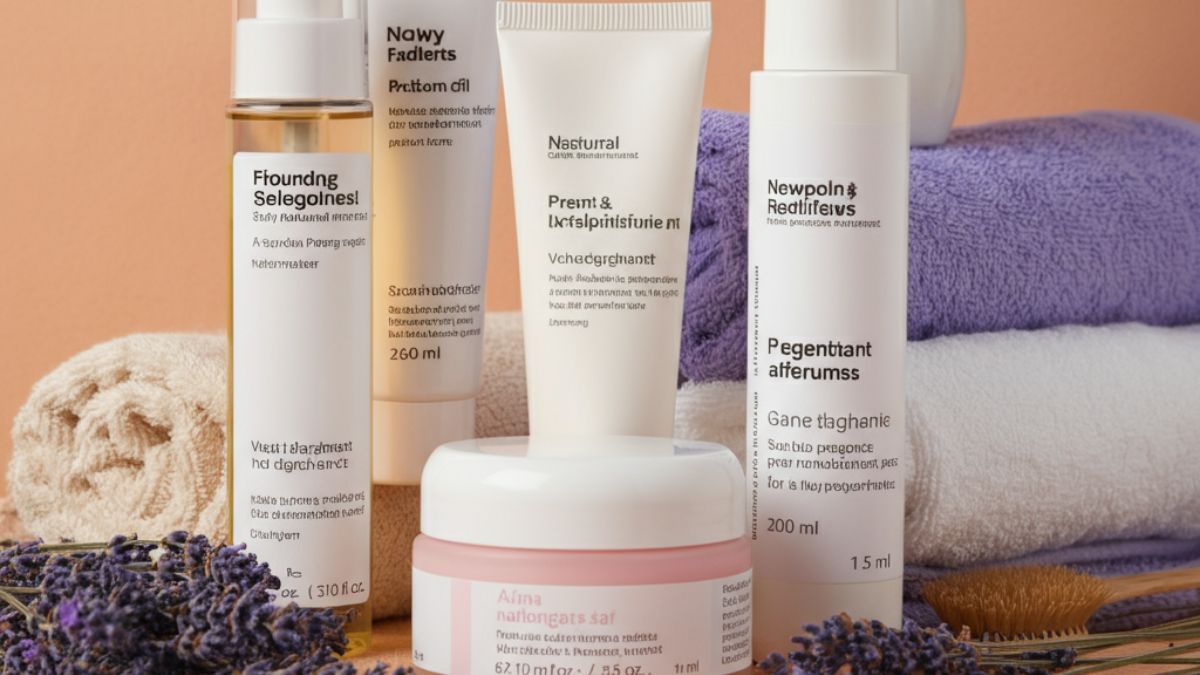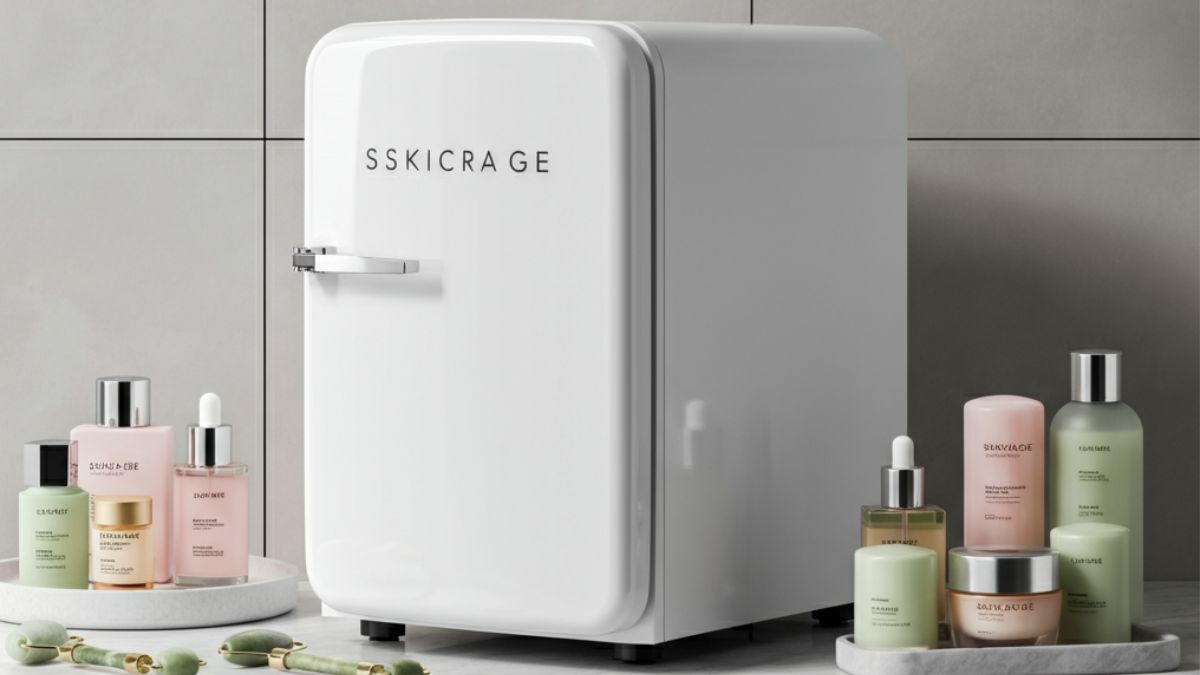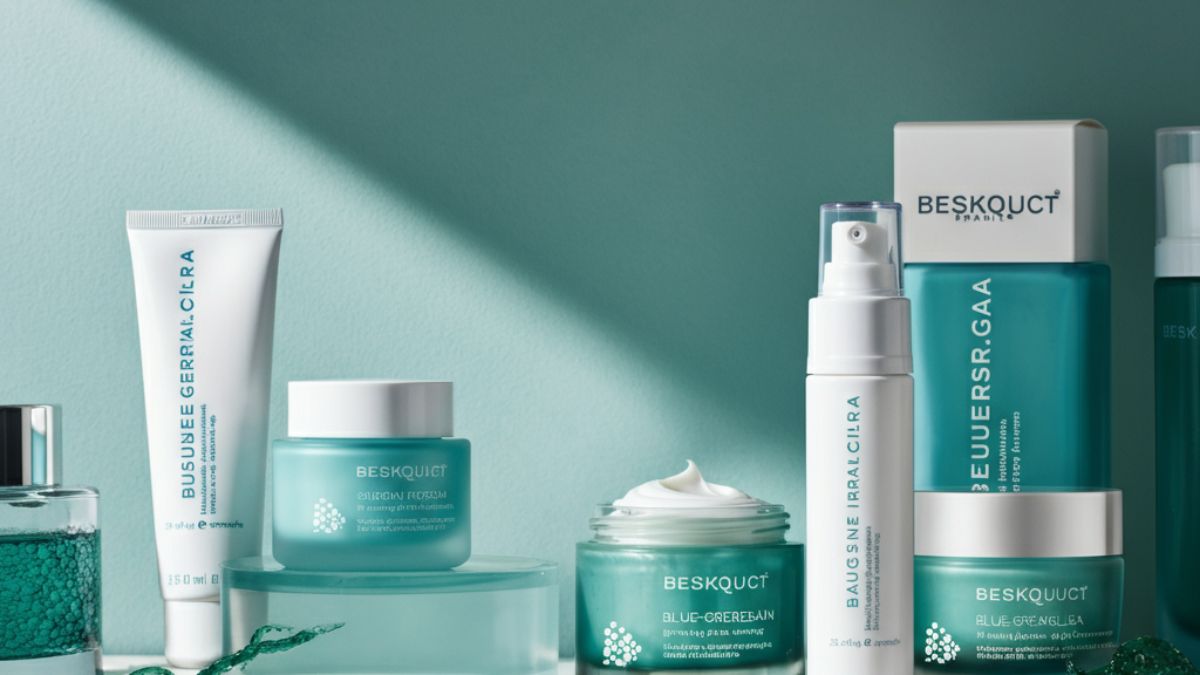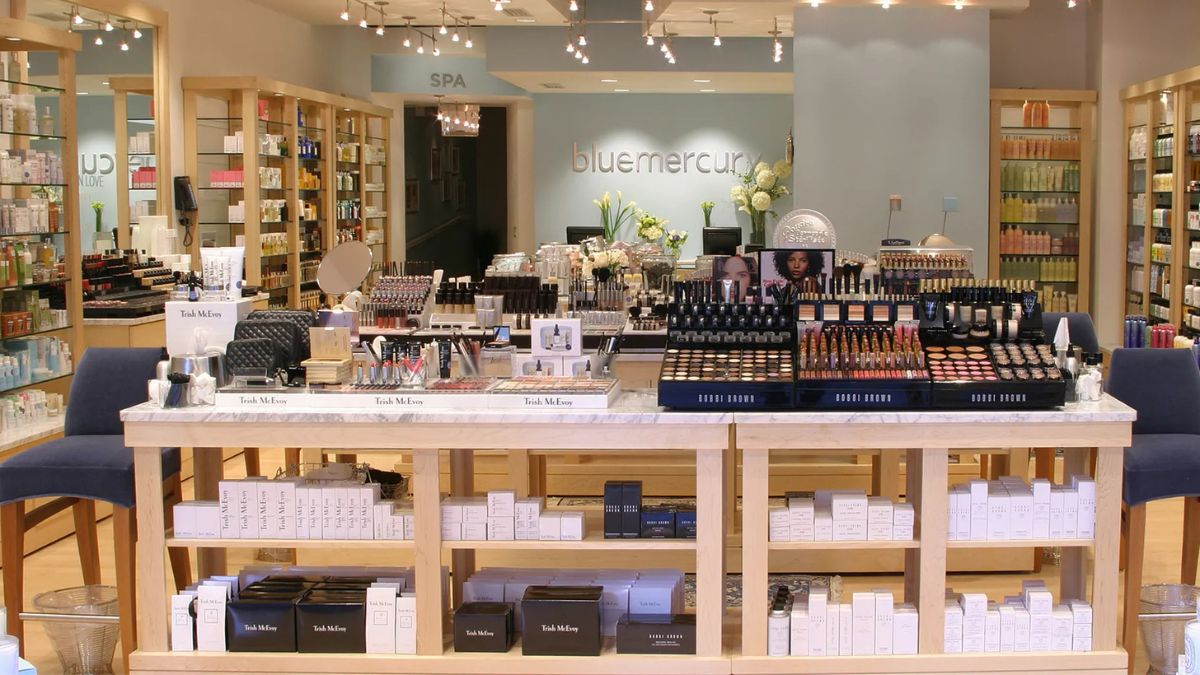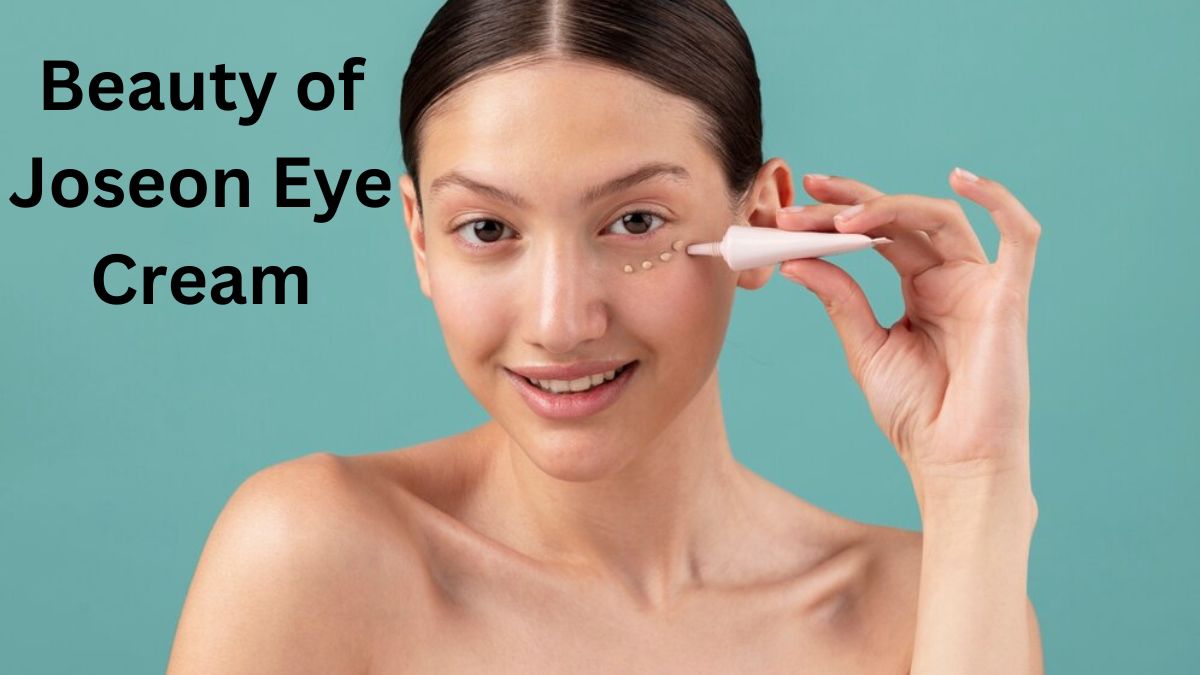Pregnancy is one of the most special, yet challenging periods of life. While you’re focusing on the wellbeing of your little one, it’s equally important to care for yourself—and that includes what you put on your skin. However, navigating the world of Safe skincare while pregnant can feel overwhelming. With so many ingredients to avoid and endless options on the shelves, how do you know what’s safe and what’s not?
This guide will help you understand pregnancy-safe skincare, identify ingredients to avoid, and suggest products that are gentle, effective, and safe for both you and your baby.
Why You Need to Switch to Safe Skincare During Pregnancy
Your skin is your largest organ, and some of the products you apply can be absorbed into your bloodstreams, potentially affecting your baby. While not all skincare absorbs deeply, there are certain ingredients that experts recommend steering clear of during pregnancy.
Hormonal changes during pregnancy also mean your skin might behave differently—perhaps you’re noticing more breakouts, dryness, or that famous “pregnancy glow.” Using safe, gentle, and targeted products can help you manage these changes without causing harm.
Ingredients to Avoid While Pregnant
When it comes to pregnancy skincare, avoiding certain ingredients is key. Here are some common skincare culprits to steer clear of during pregnancy:
1. Retinoids (Including Retinol)
Retinoids are a popular anti-aging ingredient, but high doses of Vitamin A (found in retinoids) have been linked to birth defects. It’s better to avoid retinols in all forms, including prescription-strength retinoids like tretinoin and over-the-counter retinol creams.
2. Salicylic Acid
Used for acne and exfoliation, salicylic acid in high concentrations (such as in chemical peels) is best avoided. Small amounts in cleansers or spot treatments might be safe, but it’s wise to consult with a healthcare provider.
3. Hydroquinone
Typically found in skin-lightening products, hydroquinone is absorbed into the body at higher rates than other ingredients. Its safety during pregnancy hasn’t been confirmed, so it’s best avoided.
4. Phthalates
These chemicals, often found in synthetic fragrances, can interfere with hormones and are best left out of your skincare routine. Choose fragrance-free or natural products instead.
5. High-Dose Benzoyl Peroxide
While benzoyl peroxide is an effective acne fighter, its safety during pregnancy isn’t fully understood. Stick to lower concentrations or seek dermatologist advice.
Common Pregnancy-Related Skin Concerns
Pregnancy can bring about a host of skin changes due to fluctuating hormones. Here are some common concerns and tips to manage them safely.
1. Acne & Breakouts
Hormonal changes can lead to an increase in sebum production, causing breakouts.
- Safe Products: Look for gentle, non-comedogenic cleansers with sulphur, azelaic acid, or glycolic acid. These are safe alternatives to harsher acne treatments.
- Pro Tip: Avoid over-drying your skin, as this can lead to more oil production.
2. Dryness & Sensitivity
Your skin may become drier or more sensitive than usual.
- Safe Products: Opt for hydrating ingredients such as hyaluronic acid, ceramides, and plant-based oils like rosehip or jojoba.
- Pro Tip: Avoid hot showers, which can exacerbate dryness, and always apply moisturiser after bathing.
3. Skin Discoloration
Some pregnant people experience melasma (also known as the “pregnancy mask”), characterised by darkened patches of skin.
- Safe Products: Use mineral sunscreens with zinc oxide or titanium dioxide to prevent worsening of pigmentation.
- Pro Tip: Incorporate vitamin C serums for a gentle brightening effect.
4. Stretch Marks
While genetics play a role, keeping your skin moisturised can help reduce their appearance.
- Safe Products: Look for stretch mark creams with cocoa butter, shea butter, or almond oil.
- Pro Tip: Apply your cream or oil twice a day, focusing on areas like the belly, hips, and thighs.
The Best Safe Skincare Products for Pregnancy
Finding safe and effective options doesn’t have to be complicated. Here are some top recommendations to consider adding to your routine.
Cleansers
- CeraVe Hydrating Facial Cleanser (Fragrance-free and gentle for all skin types)
- La Roche-Posay Toleriane Dermo Cleanser (Perfect for sensitive skin)
Moisturisers
- Weleda Skin Food (Ideal for dry and sensitive skin)
- Aveeno Skin Relief Moisturising Lotion (With colloidal oatmeal for hydration)
Sunscreens
- Thinkbaby Safe Sunscreen SPF 50+ (Reef-safe and mineral-based)
- Blue Lizard Sensitive Mineral Sunscreen (Gentle and free from harsh chemicals)
Serums
- The Ordinary Hyaluronic Acid 2% + B5 (Affordable and hydrating)
- TruSkin Vitamin C Serum (For a radiant glow)
Stretch Mark Oils
- Bio-Oil Skincare Oil (Loved by mums worldwide)
- Earth Mama Belly Oil (Organic and safe for baby bumps)
Tips for Building a Pregnancy-Safe Skincare Routine
Creating a simple yet effective skincare routine can help you feel confident and radiant throughout your pregnancy.
- Keep It Simple
Stick to the essentials—cleanser, moisturiser, sunscreen, and any targeted treatments.
- Patch Test New Products
Hormonal changes can make your skin more reactive. Always patch test a new product before applying it to your face or body.
- Consult with a Medical Professional
If you’re unsure whether a product or ingredient is safe, consult with your dermatologist or obstetrician.
- Read Labels Carefully
Ensure the product is labelled as pregnancy-safe or free from harmful ingredients.
Taking Care of Yourself
Pregnancy is a time to prioritise both your physical and emotional well-being. Skincare might seem like a small thing, but it can play a big role in helping you feel your best during this life-changing period.
By choosing safe, gentle, and effective products, you can address common pregnancy skin concerns while ensuring the health and safety of your baby. Remember, taking the time to care for yourself is one of the best things you can do during pregnancy.
FAQs
1. Can I continue using my regular skincare products during pregnancy?
Not all skincare products are safe to use during pregnancy. Ingredients like retinoids, salicylic acid, and certain essential oils should be avoided. It’s always a good idea to review the ingredients list and consult with your healthcare provider if you’re unsure about a product.
2. Are stretch mark creams effective?
While no product can guarantee the prevention of stretch marks, keeping your skin hydrated with creams or oils may help improve elasticity and reduce their appearance. The development of stretch marks is often influenced by genetics and the rate of skin stretching during pregnancy.
3. Is sunscreen safe to use while pregnant?
Yes, sunscreen is important and safe during pregnancy, but it’s best to choose a broad-spectrum, mineral-based sunscreen with zinc oxide or titanium dioxide. These are gentle and effective at protecting your skin from harmful UV rays.
4. Can pregnancy cause sudden skin changes?
Absolutely! Hormonal changes during pregnancy can lead to conditions like melasma (hyperpigmentation), acne, or heightened sensitivity. Many of these changes are temporary and will resolve postpartum, but gentle skincare can help manage them.
5. Do natural or organic products guarantee safety?
Not necessarily. While natural or organic products may seem safer, some may still contain potentially harmful ingredients. Always read labels and consult with a professional before making changes to your routine.
Remember, your body is undergoing incredible changes, and it’s perfectly normal to have questions. Always reach out to your care provider for tailored advice.





